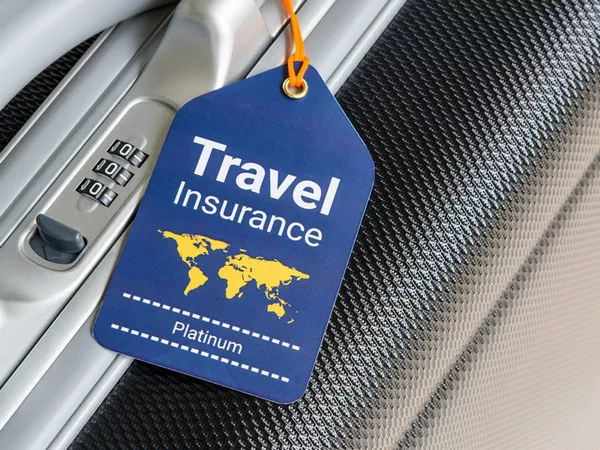Embarking on a journey, whether for leisure or business, is an exciting endeavor. However, unforeseen events can disrupt your plans. This is where travel insurance becomes invaluable. In this guide, we’ll explore the key aspects to consider when selecting travel insurance, ensuring that you have comprehensive coverage for a worry-free travel experience.
Coverage for Medical Emergencies:
a. International Medical Coverage:
Confirm that your travel insurance includes international medical coverage. This is crucial in the event of illness or injury during your travels, ensuring access to necessary medical care and covering related expenses.
b. Emergency Evacuation and Repatriation:
Look for coverage that includes emergency evacuation and repatriation. This feature becomes essential in situations where you need to be transported to a medical facility or, in extreme cases, repatriated to your home country for medical treatment.
c. Pre-existing Medical Conditions:
If you have pre-existing medical conditions, inquire about coverage for these conditions. Some policies may exclude pre-existing conditions, while others offer coverage with certain conditions or additional premiums.
Trip Cancellation and Interruption:
a. Understanding Covered Reasons:
Review the covered reasons for trip cancellation or interruption. Common covered reasons include illness, injury, or death of a traveler, as well as unforeseen events such as natural disasters or travel advisories.
b. Reimbursement Percentage:
Determine the reimbursement percentage for trip cancellation or interruption. Some policies provide full reimbursement, while others may offer a percentage of the total trip cost.
c. Cancel for Any Reason (CFAR) Coverage:
Consider the option of Cancel for Any Reason (CFAR) coverage for maximum flexibility. CFAR allows you to cancel your trip for reasons not covered by standard policies, providing a higher level of control over your travel plans.
Baggage and Personal Belongings Coverage:
a. Coverage Limits:
Assess the coverage limits for baggage and personal belongings. Ensure that the limits align with the value of the items you are bringing on your trip, including electronics, jewelry, and other valuables.
b. Exclusions and Deductibles:
Understand any exclusions and deductibles associated with baggage coverage. Some policies may exclude certain items or impose deductibles that affect the overall payout in the event of a claim.
c. Lost or Stolen Items Reporting:
Familiarize yourself with the reporting process for lost or stolen items. Timely reporting is crucial, and understanding the procedures outlined by the insurance provider can expedite the claims process.
Travel Delay and Missed Connections:
a. Definition of Travel Delay:
Review the definition of travel delay in the policy. This includes circumstances such as weather-related delays, strikes, or other unforeseen events that can disrupt your travel plans.
b. Reimbursement for Additional Expenses:
Ensure that the policy provides reimbursement for additional expenses incurred due to travel delays, such as accommodation, meals, and transportation.
c. Missed Connection Coverage:
Check if the policy includes coverage for missed connections. This is particularly relevant for connecting flights, where delays can lead to additional costs and complications.
24/7 Emergency Assistance:
a. Availability of Assistance Services:
Confirm the availability of 24/7 emergency assistance services. This ensures that you can reach out for help at any time, especially in critical situations such as medical emergencies or travel disruptions.
b. Contact Information and Procedures:
Keep the contact information and procedures for emergency assistance easily accessible. This information is vital in case you need to contact the assistance services provided by your travel insurance.
c. Multilingual Support:
If you’re traveling to non-English-speaking regions, check if the emergency assistance services offer multilingual support. Clear communication is essential during emergencies, and language barriers should not hinder assistance.
Conclusion:
In conclusion, selecting the right travel insurance requires a thorough understanding of your specific needs and the coverage offered by different policies. By focusing on medical emergencies, trip cancellation and interruption, baggage and personal belongings, travel delay and missed connections, and 24/7 emergency assistance, you can ensure that your travel insurance provides comprehensive protection for your journey. Remember, a well-chosen policy adds an extra layer of security, allowing you to explore the world with confidence.


